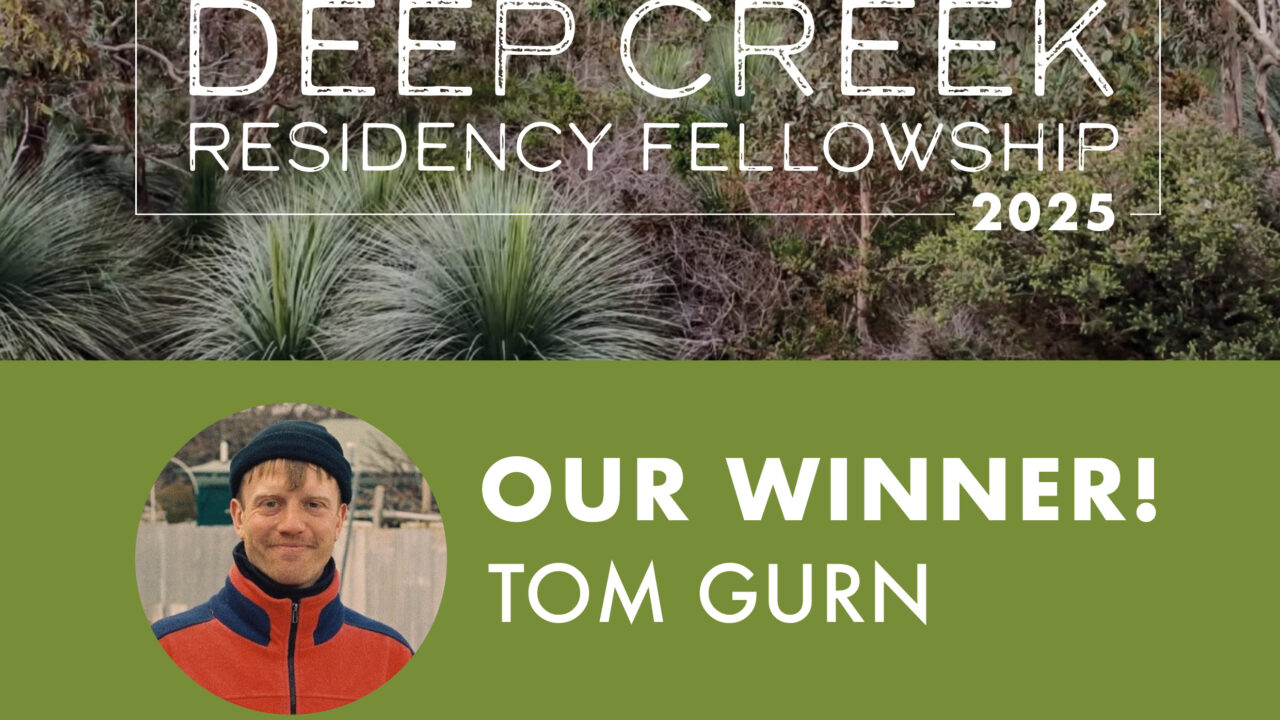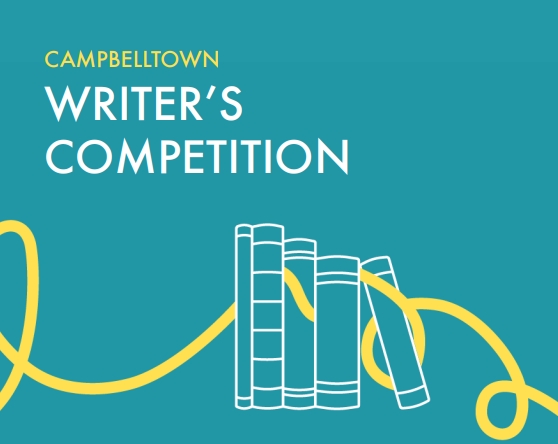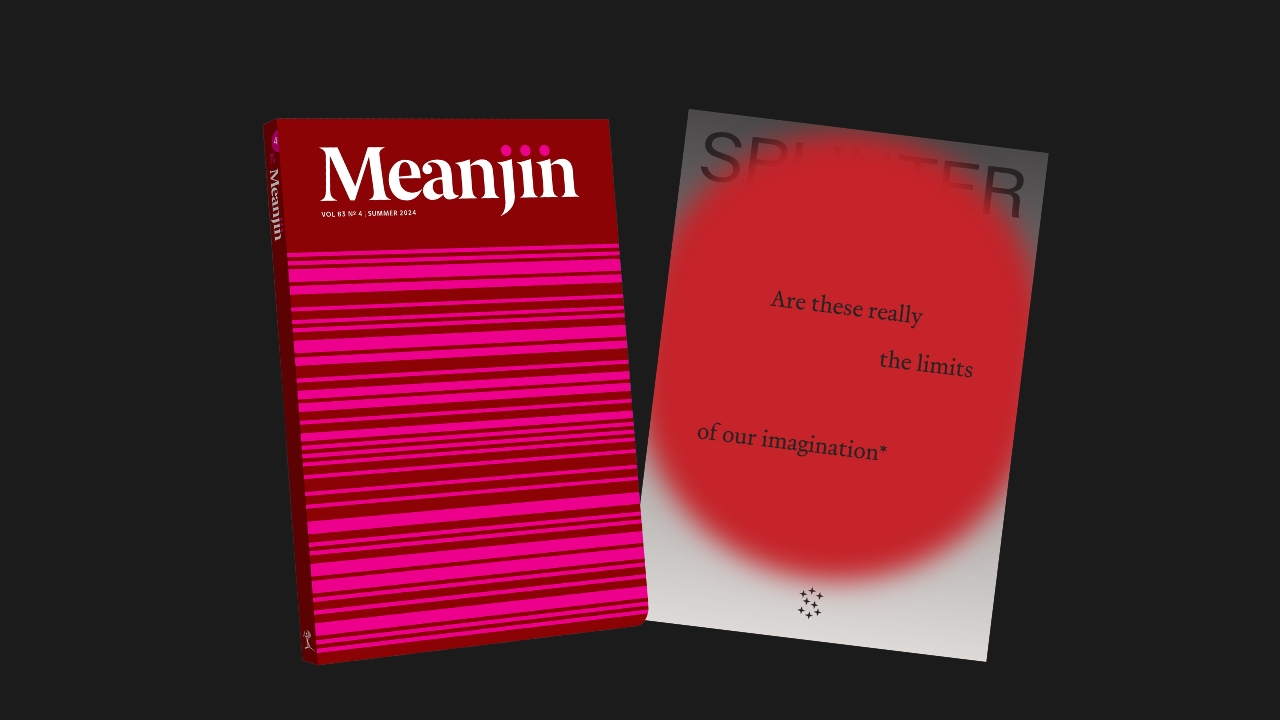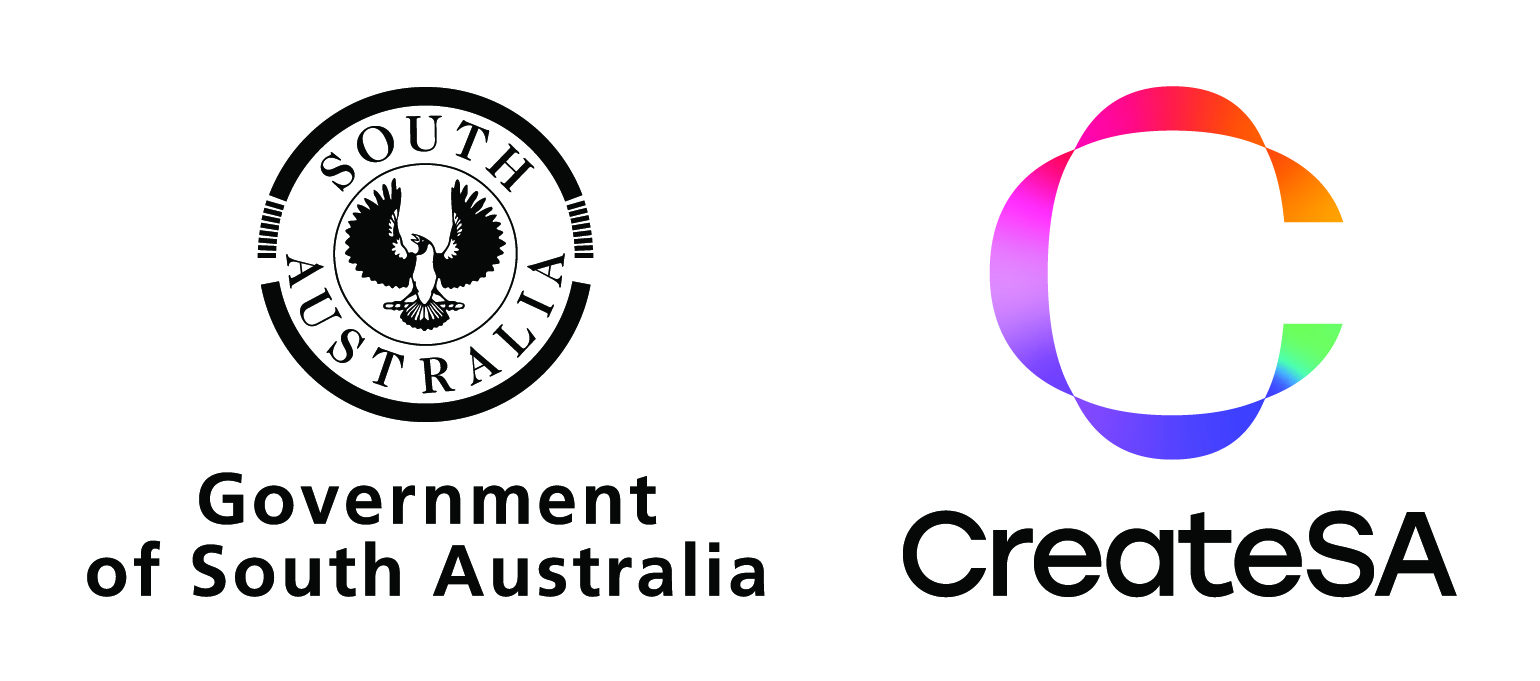By Amy T Matthews
It’s Adelaide Writers’ Week and I’m chairing two panels, featuring four writers. I only arrived back in the country a couple of weeks ago and I’ve been flat-out trying to read the books, as well as get two new courses up and running at Flinders University, where I teach. I’ve had a few email exchanges with the authors, who all want to ‘play it by ear’ on the day. No pressure then. I turn up to the green room to meet the first panel of authors. One is hostile. She complains that no interviewer has ever read her books and that they ask ‘stupid’ questions. She’s not interested in talking to me before we go on stage. I’m getting increasingly nervous – what if my questions are stupid? The second author is missing in action. Thankfully, we run into him as we’re headed for the stage – he had a last minute attack of nerves and was holed up in a port-a-loo. Somehow, I get through the panel. It helps that I have notes. It doesn’t seem to matter if my questions are stupid or not, as the authors don’t seem to listen to them. Both have a tendency to slip into pre-prepared patter, which doesn’t always have much (or anything) to do with the questions I actually asked. The nervous author darts off at the end, without ever looking me in the eye. The other tells me she was ‘pleasantly surprised’ how well I did.
The next panel is later that afternoon, with two authors I admire: Jeet Thayil and Christos Tsiolkas. Thayil’s Narcopolis is a hallucinatory novel about heroin abuse in 1970s Mumbai; it’s written like prose poetry. It’s a staggering artistic achievement and I’m a neurotic mess at the thought of talking intelligently about it. I keep repeating the mantra: It’s not about me. No one cares about me. It’s the authors that everyone wants to see. It’s very reassuring, as far as mantras go. I’m just as anxious about interviewing Christos Tsiolkas as I am about Jeet Thayil. Barracuda was a muscular and disturbing book, featuring one of the most finely drawn characters I’ve ever seen in Australian fiction. Everyone I know who has met him or heard him speak says, He’s so lovely! You’ll love him! Maybe I will. But I hate meeting people I admire. I never go up and talk to celebrities, or ask for autographs; at parties thrown by publishers and festivals I cling to the wall, terrified of making small talk. I don’t think I make a good first impression; I’m at my best the third or fourth time you meet me. But I only have one shot at this. For an interview to work well, you need to establish a rapport. Or you can be misunderstood, not trusted, even received with outright hostility. I sometimes think it doesn’t help that I’m a young(ish) woman. I look more frivolous than I am, due to a predilection for bright clothes and even brighter lipstick. People don’t seem to assume I’m a person of substance – in fact every person I’ve ever interviewed has been shocked to learn I’m a novelist too. I guess I don’t look like a novelist – whatever one looks like.
Jeet Thayil looks like an artist, the rock star kind. He’s tall and elegent, with a shaved head and very shiny big sunglasses. He is quiet and seems startled every time I speak. We’re sitting in the green room – well, outside it, on the plastic furniture. His publisher is there, minding him. We lapse into a lot of awkward silences. I have a sinking feeling of dread. But then Christos sweeps in. His publisher is waiting for him. He brings a frenetic energy with him; he’s sweating in the Adelaide heat, carrying bounty from a vintage record shop, talking a mile a minute. He is lovely, and I do love him. He bends over backwards to make everyone comfortable. He offers us a drink – he’s brought wine. I decline, afraid I’ll slur on stage (I’m a two-pot screamer). They complain about the interviewers they have met on their book tours. Interviewers who haven’t read the books and admit it, interviewers who haven’t read the books and fake it, interviewers who don’t prepare, who ask stupid questions, insulting questions, who attack them without provocation. Like the author from the morning’s panel, they clearly have a lot of baggage about bad interviews. I flick through the notes I’ve prepared and wish I had said yes to a drink. And then Christos drops a bombshell.
‘I don’t want to talk about Barracuda.’
Um, what?
He’s sick of talking about it; he’s worried the audience is sick of hearing about it. Fortunately for me, I have read every book he’s written, so I should be able to improvise. We start talking about Dead Europe, a book that disturbed me deeply. It was the most difficult book he’s ever written; he almost gave up writing afterwards. Christos asks Jeet questions, personal questions. Jeet is far more comfortable with Christos than with me; with a shy smile, he starts to talk. They cover so many topics, Christos starts to worry they might have burned themselves out before the session. We sort out when the readings will happen and decide on a prompt I will use to nudge Christos into reading (he forgets this on stage – Jeet ends up saying bluntly ‘Did you want to read now, Christos?’ and I laugh).
They are both nervous but very experienced and we have somehow fallen into a kind of awkward, sweating intimacy. They carry the wine on stage and top up their glasses; every chair in the garden before us is full. We begin. And it is the hardest and most rewarding interview I have ever conducted. I ask questions and they actually answer them. It is astonishing. There is no patter. They listen, they think; some of the silences stretch on so long my heart stops; I can hear the audience shifting in their chairs and there’s an incredible tension in the air. Some of the questions feel deeply personal, even though they are about the work. Some of the answers are deeply personal. They are more honest, more exposed, and more engaged here, in front of the crowd, than they were in private in the green room. At the end both men look dazed. Christos sits back in his chair, gripping the arms. He thanks me. So does Jeet. And then they disappear to the book signing. And that’s our relationship over. I go and buy a drink. Two, in fact. I have their books in my bag. I never did ask to get them signed.







